Climate Science Is ‘Beyond Argument’
Beset by pollution, overfishing and often uncontrolled exploitation, the world's high seas are also under mounting pressure from climate change, a panel of international leaders says.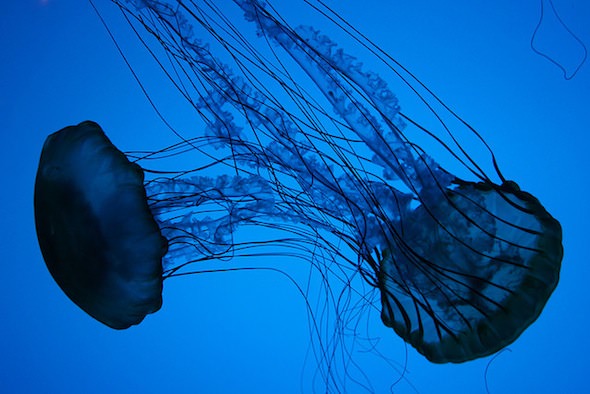
By Alex Kirby, Climate News NetworkThis piece first appeared at Climate News Network.
HONG KONG — South Africa’s former Finance Minister, Trevor Manuel, has derided those who deny the scientific argument that climate change is an urgent problem caused largely by human activity.
He told journalists here: “The science is now incontrovertible. There are a few people in the world who deny it, but they are mainly in lunatic asylums.”
Mr Manuel is one of three co-chairs of the Global Ocean Commission, a panel of global leaders who have just ended a meeting here to finalise the proposals they will present to the United Nations in June.
The meeting agreed that another key threat to the world’s oceans is overfishing and the subsidies which help to make it possible. It says this, and the other factors causing ocean degradation, threaten the food security of as many as 500 million people.
It is deeply worried about pollution. With plastic remains now so pervasive that they are found even in deep seafloor sediments, Mr Manuel said, it sometimes seemed that “you might as well not bother to buy seafood at all – just buy the plastic bag it comes in and eat that.”
Shells corroded
The Commission says climate change threatens the oceans in three main ways: by raising the temperature of the water; by reducing its oxygen content; and by increasing its acidity. Antarctic pteropods, small sea snails also known as sea butterflies, are already being found with severely corroded shells because of acidification, and larger creatures, including bigger shellfish and corals, are likely to be seriously affected.
Another of the co-chairs, José María Figueres, the former president of Costa Rica, told the Climate News Network the Commission was concerned at the prospect of exploitation of the high seas in the Arctic as the region’s sea ice continues to melt.
He said: “Beyond Arctic countries’ EEZs (exclusive economic zones stretching 200 nautical miles from the coast), the melting will leave us with a doughnut-shaped hole in the Arctic high seas, which are not under international control.
“Some nations are now looking to explore there for fish, minerals, valuable biodiversity and other resources. I believe we should not go down that route.
“We should listen to the science and follow the precautionary principle, keeping this pristine area off-limits for exploitation until we understand the consequences.
Coalition builders
“We’re already pushing the high seas to the limit. We don’t need to push them over the edge by a lack of proper precaution in the Arctic.”
He said: “The jury is still out on whether we have 20 or 30 years ahead as a window of opportunity to act. But why wait? Listen to the science, which is overwhelming, and to the economics, which are sound.”
Describing the Commission as “not just a bunch of treehuggers, but a group that’s grounded itself in good sound economics”, Mr Figueres said the recommendations it planned to present to the UN on 24 June would represent about 20% of its work. The other 80% would involve building coalitions around each recommendation: there are expected to be no more than 10 in total.
The Commission’s third co-chair is the UK’s former Foreign Secretary, David Miliband. He told the Network: “Answers that sit on a shelf are a waste of time, and people who are positively inclined to protect the oceans are held back by institutional inertia.
“But the interplay between climate change and ocean damage is rising, and it very much needs to. The science of most of the last half-century shows us how we’ve been playing tricks with nature.”
Your support matters…Independent journalism is under threat and overshadowed by heavily funded mainstream media.
You can help level the playing field. Become a member.
Your tax-deductible contribution keeps us digging beneath the headlines to give you thought-provoking, investigative reporting and analysis that unearths what's really happening- without compromise.
Give today to support our courageous, independent journalists.

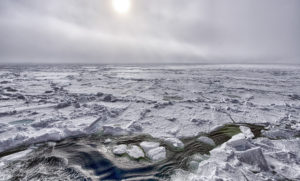
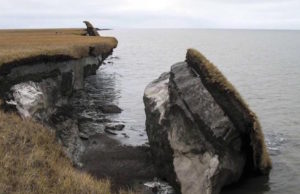
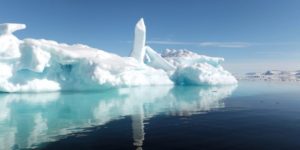
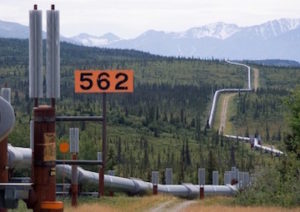

You need to be a supporter to comment.
There are currently no responses to this article.
Be the first to respond.